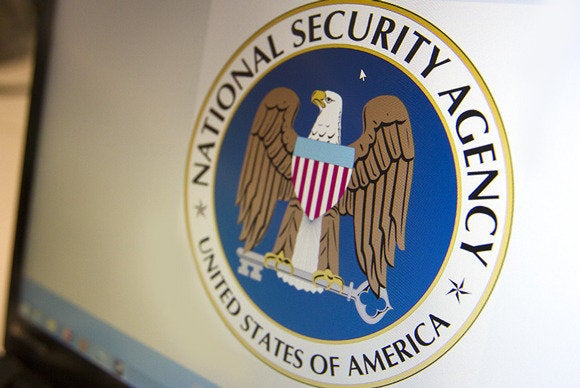I'm already a KNOWN enemy of the state
Let them try-I also have a LOT of tools, a LOT of skills, and a LOT of training and experience at my disposal. Bosses can and do refuse to hire people who are not on facebook or don't carry phones, but you cannot be arrested for that, no matter what just happened. It's like refusing to consent to a bag search on the street-or more accurately like refusing to carry a bag in a known bag search environment. I am a very well known activist at the hard edge of things like Occupy, pro-Earth activism, and anticapitalism, so it's not a matter of avoiding suspicion, its a matter of expecting, preparing for, and defeating attempts at tracking.
Most street cops know little more about computers than how to log into Facebook or use the laptops their department furnishes. Easy, Apple-provided iPhone forensics don't help one bit with cracking an encrypted netbook that isn't an Apple device and doesn't run iOS. When it comes to cyber-warfare in the US, just about all law enforcement/security/governmental forces other than the military, the NSA, and the Secret Service are script kiddies. They get powerful tools from the owners of proprietary software-but these tools don't work when you don't posess their targets.
Originally posted by all2well
View Post
Most street cops know little more about computers than how to log into Facebook or use the laptops their department furnishes. Easy, Apple-provided iPhone forensics don't help one bit with cracking an encrypted netbook that isn't an Apple device and doesn't run iOS. When it comes to cyber-warfare in the US, just about all law enforcement/security/governmental forces other than the military, the NSA, and the Secret Service are script kiddies. They get powerful tools from the owners of proprietary software-but these tools don't work when you don't posess their targets.




Comment